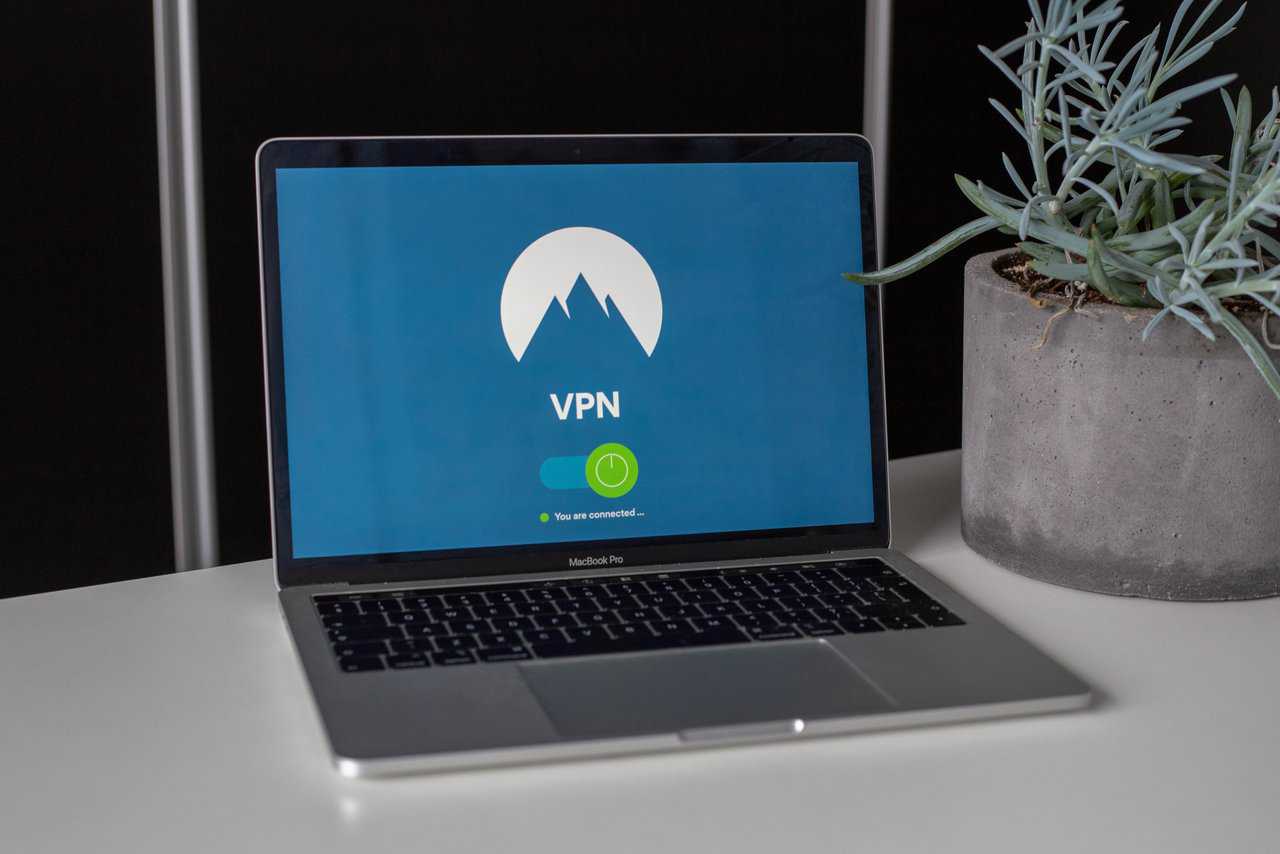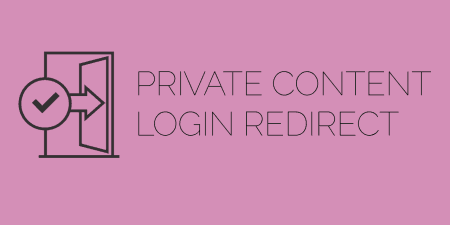Squarespace is an all-in-one platform that offers a quick and straightforward way of building &…
In recent times, the use of virtual private networks (VPNs) has become increasingly popular as a means of protecting personal data and securing online transactions. With technology advancing daily, it is no surprise that in 2023, VPNs are still be widely used for their many benefits. However, some drawbacks come with their usage. In this article, we will be taking an in-depth look at the pros and cons of virtual private networks in 2023.

Virtual Private Networks
A Virtual Private Network (VPN) is an essential tool for businesses and individuals who want to stay secure online. VPNs provide a virtual “tunnel” that allows users to access the internet securely and privately. This tunnel uses encryption technology to make sure all data is kept private, making it impossible for hackers or government agencies to spy on your activities.
For businesses, using a VPN provides an extra layer of security when accessing sensitive information such as financial records or client data. It also allows employees to access company resources securely while working remotely. Individuals can benefit from using VPNs by providing them with the ability to browse the web anonymously and access content that may be restricted in their region due to censorship laws or geo-blocking.
Pro #1: Increased Security
VPNs are becoming increasingly popular as a way to ensure secure internet access. They grant users access to a private network through an encrypted connection. This ensures that any data sent or received is kept safe from malicious third parties who might be trying to steal information or invade privacy. With a VPN, users can rest assured their data is safe and secure, no matter where they are connecting from. The encryption provided by a VPN also helps protect against hackers who might be looking for ways to intercept unsecured data traveling over public networks like Wi-Fi hotspots.
Pro #2: Accessibility
Virtual Private Networks (VPNs) are a popular option for increasing protection and accessibility when browsing online. Using a VPN provides users with an extra layer of security by masking their IP address, which prevents them from being tracked or identified by hackers or other malicious actors. Additionally, a VPN can be used to access websites and services that would otherwise be blocked due to geographic restrictions. By connecting to a server in another country where these restrictions are not in place, users can gain access to these sites no matter where they are located.

Con #1: Costly Upkeep
The use of Virtual Private Networks (VPNs) can be an effective way to protect your business data and secure communications while connecting remotely. It is, however, important to note that the implementation and upkeep of a VPN require some financial resources. The cost associated with setting up and maintaining a VPN can impact your bottom line if you’re not careful. A VPN typically requires an upfront investment in hardware or software, as well as ongoing monthly fees for access to the service provider’s network. Companies may also have to pay additional costs for extra capacity or features such as encryption and firewalls.
Con #2: Limited Bandwidth
Virtual Private Networks (VPNs) are a great way to provide secure and private access to the internet, but they do have some drawbacks. One of the main cons associated with VPNs is that they can limit your bandwidth. This means that you may not be able to access certain websites or download files as quickly as you would without a VPN. In this article, we’ll discuss how limited bandwidth affects VPNs and how you can avoid these issues. The amount of data transferred over a VPN connection, or your “bandwidth”, is typically much lower than when using an unencrypted connection.
Virtual private networks are a great way to protect data and privacy in the digital age of 2023. They allow users to access the internet securely, bypass country censorship, and hide their location and activities from hackers. However, they can also be expensive, difficult to set up and slow down internet speeds. By weighing all the pros and cons carefully, users should be able to make an informed decision that best suits their own needs.






